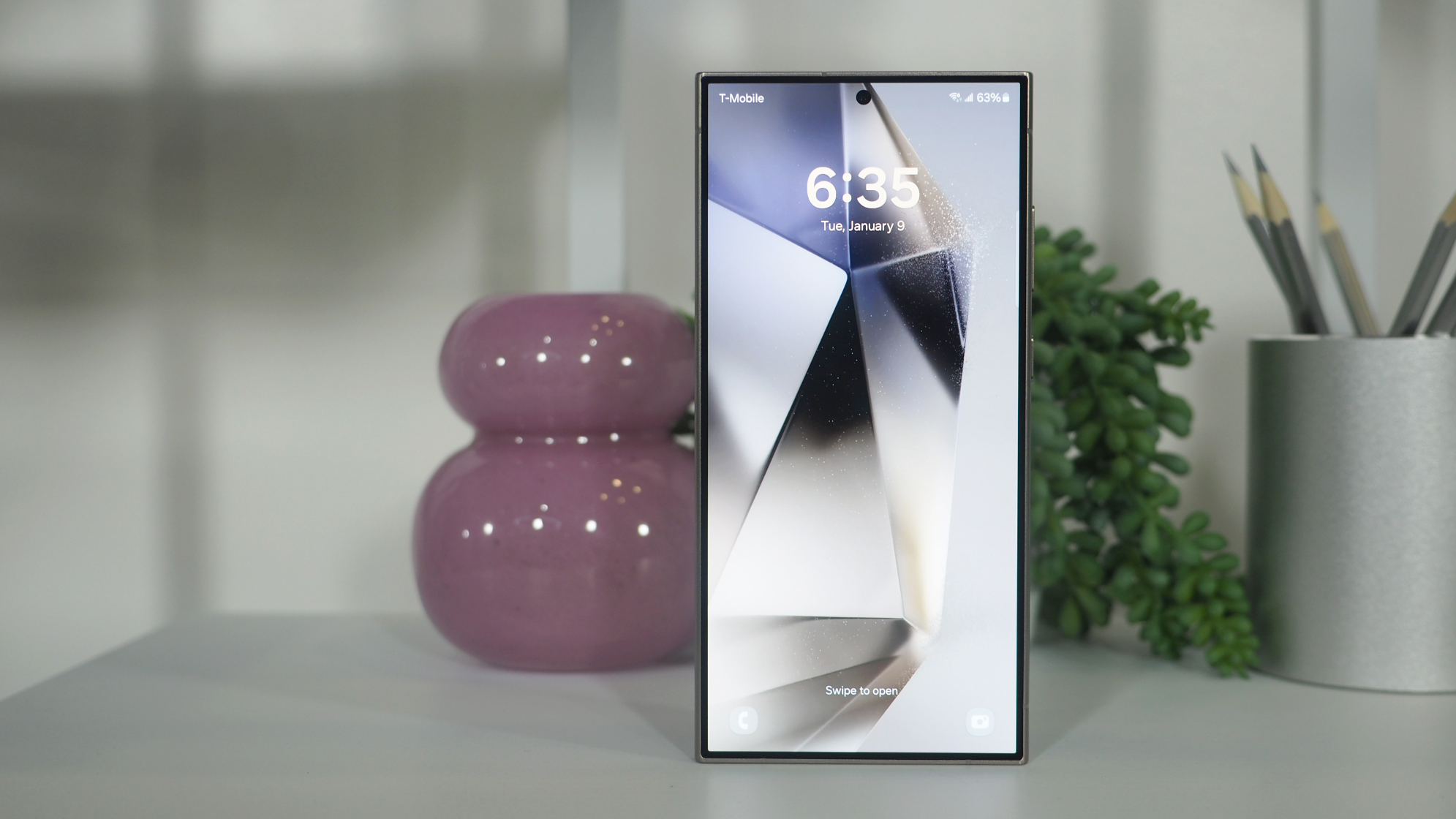
Samsung might ditch its own Exynos chip for the Galaxy S25 and use Qualcomm's Snapdragon 8 Gen 4 instead.
This is because the company is reportedly having yield problems with its 3nm chip.
With every Samsung device launch, we see the juggling of the hottest of hot potatoes for Samsung fans: whether it's going to be Exynos or Snapdragon at the heart of the new gadget.
In many cases, Samsung offers Snapdragon on its best smartphones in the US, while offering Exynos in other markets, like Europe and India. That particular dance, for the next-gen Galaxy S25, might have come to a head.
The Samsung Galaxy S25 family of phones is expected to launch in January 2025 and we've already seen a flurry of leaks suggesting that the new devices will get a boosted battery, upgraded cameras and perhaps larger displays. Now, industry analyst Ming-Chi Kuo has suggested that the manufacturer may have to make a big decision when it comes to the core hardware.
Writing on X / Twitter, the analyst suggests that Qualcomm will be the sole supplier for the Samsung Galaxy S25 devices, rather than the Exynos 2500 hardware that was expected. This could see the Snapdragon 8 Gen 4 in the Galaxy S25 Ultra, Galaxy S25 Plus and Galaxy S25.
It's not the first time that Samsung has done this: the Galaxy S23 was exclusively powered by Snapdragon for Galaxy, in what was thought to be a new agreement between the two tech companies. That flipped back to a mixture of Snapdragon and Exynos for the Galaxy S24 models, and we might be about to see a reversal to all Snapdragon in 2025.
That will be a boon for Qualcomm who will enjoy the exclusivity of powering the latest Samsung devices, while fans will also be happy that there won't be two tiers of Samsung phones – those with the latest and greatest Snapdragon power, and those with Exynos hardware that's not quite as powerful.
Kuo reports that Samsung might have to make this change, because of lower yields of 3nm hardware needed for the Exynos 2500.
Samsung Galaxy S25: Does the core hardware actually matter?
The Snapdragon vs Exynos debate has raged for a number of years and regardless of actual device performance, fans pretty much always side with Snapdragon. There's a perceived difference in performance that likely comes down to Qualcomm's aggressive marketing of Snapdragon, while Exynos is seen as a lesser choice.
When it comes to the day-to-day reality of using devices, there's little real difference that you'll notice. Battery differences have often been highlighted, often with Exynos delivering slightly better endurance due to greater performance throttling. The flip side of that argument is that Snapdragon offers better graphical performance because that throttling isn't there.
Having used plenty of Snapdragon and Exynos devices over the years, while benchmarks might synthetically back up these results, real-world differences are harder to pin down. Regardless, there's a perceived difference that garners a lot of attention within the Samsung fan community, and a line-up that's all powered by Snapdragon hardware will be popular.
This switch might come back to a deeper problem in that Samsung isn't getting the results from its fabrication processes TSMC is – and that might see Qualcomm getting quite the boost from the next-gen Samsung launch.







